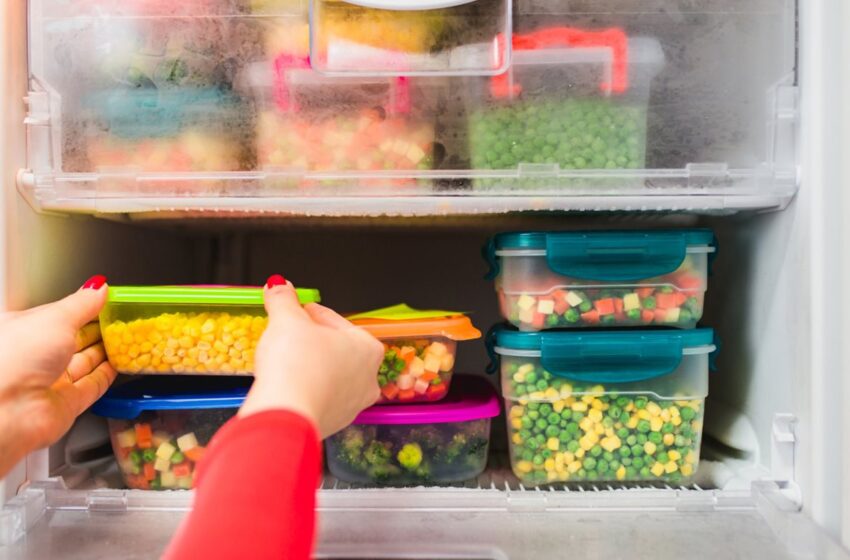8 Mistakes You’re Making When Storing Food

Avoid common mistakes when storing food at home
Keeping food fresh and safe might sound simple, but many households unknowingly make mistakes that shorten shelf life or even risk food safety. From leaving leftovers uncovered to refrigerating foods that don’t belong in the fridge, improper storage habits lead to wasted food and higher grocery bills.
Here are 8 common food storage mistakes, and the best ways to fix them.
1. Storing Milk and Eggs in the Fridge Door
The door is the warmest part of the refrigerator, which makes it the worst place for milk and eggs. They spoil faster when stored here. Instead, keep them on the middle shelves where temperatures remain more stable.
2. Refrigerating Foods That Don’t Belong There
Not everything belongs in the fridge. Tomatoes lose flavor, bread dries out, and potatoes turn starchy when chilled. Store these in a cool, dry pantry instead.
3. Leaving Leftovers Uncovered
Uncovered leftovers dry out quickly and absorb other food odors. Always use airtight containers or wraps to keep food fresh, prevent bacteria, and avoid cross-contamination.
READ ALSO
10 Ways to Eat More Vegetables Without Noticing
10 Breakfast Options That Keep You Full Until Lunch
4. Overstuffing the Fridge
A crowded refrigerator restricts airflow, causing uneven cooling. This can lead to spoiled food, especially in corners. Keep space between items so cold air can circulate.
5. Ignoring Expiration Dates and Labels
Forgetting to label leftovers or ignoring “use by” dates leads to confusion and wasted food. Label containers with the date stored and rotate items so older foods are eaten first.
6. Storing Fruits and Vegetables Together
Certain fruits, like apples and bananas, release ethylene gas, which speeds up ripening and spoilage in nearby vegetables. Store fruits and veggies separately for longer freshness.
7. Not Cooling Hot Food Before Refrigeration
Putting hot food directly in the fridge raises the internal temperature, affecting other foods. Let dishes cool slightly (within two hours) before refrigerating to ensure safety.
8. Forgetting About the Freezer
Freezers aren’t a “set it and forget it” solution. Improper packaging can lead to freezer burn, and foods still have limits. Wrap items tightly, label them, and use within recommended times.
Why Proper Food Storage Matters
Food storage mistakes not only cost money but also pose health risks. By practicing smart food storage habits, you can extend shelf life, reduce waste, and keep your household healthier.
As awareness grows in 2025 about food sustainability and safety, avoiding these common storage errors ensures fresher meals and a more efficient kitchen.

